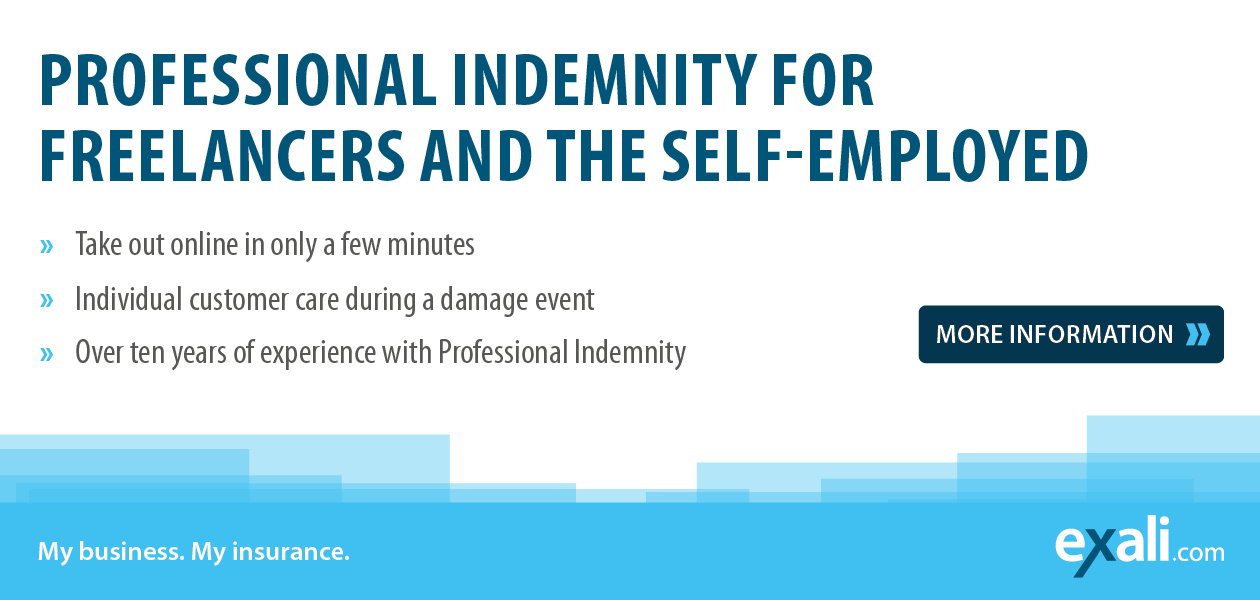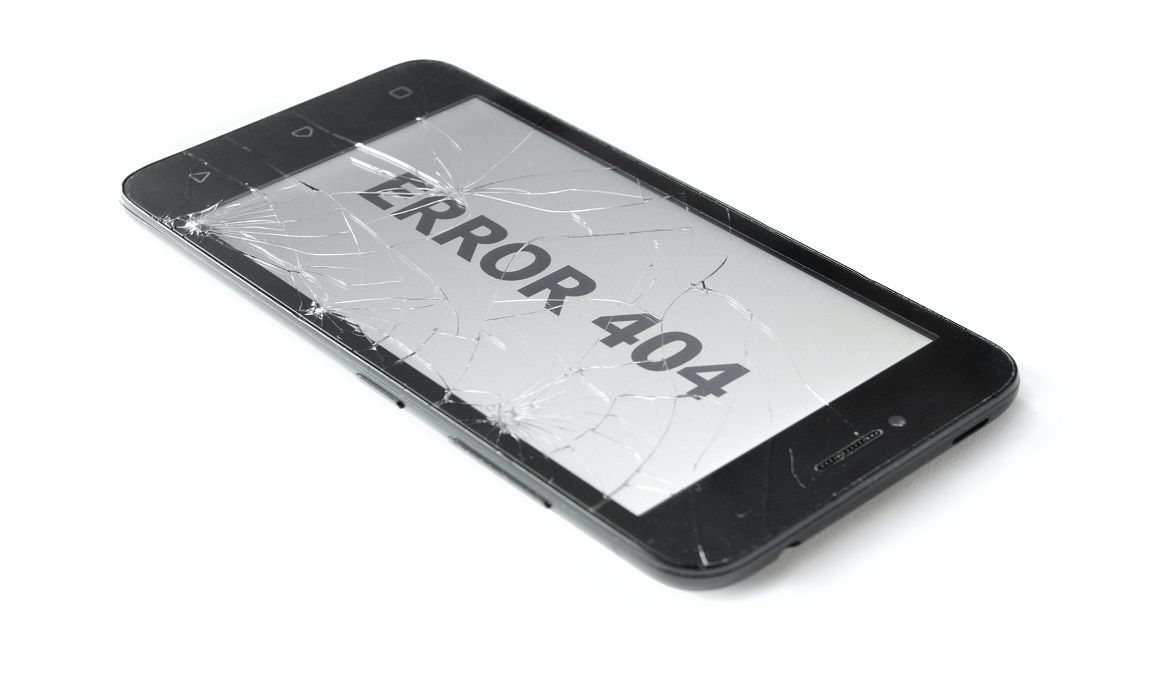Crisis Communication For Small and Medium Sized Enterprises
Serious crises only affect large companies? Wrong! Any company can get into difficulties. In such cases, communication is key. In this article, we show you why it is crucial to communicate correctly when the trouble is at its worst. Find out more about different types of crisis and how you can adapt your communication to the situation in question.
The Importance of Crisis Communication For SMEs
Appropriate crisis communication plays a decisive role in the professional management of crisis situations. It is particularly important to react quickly and appropriately - otherwise you will lose the trust of customers, employees, stakeholders and the public. For SMEs in particular, a loss of image due to a poor communication strategy can have serious consequences.
An effective crisis communication concept depends on the following points:
- Clear communication structures
- Well-prepared crisis teams
- Transparent, authentic and empathetic information policy
Identify possible risks and develop appropriate measures - so you can act with confidence in case of an emergency.
Types of Crises
Crises are usually the result of years of mistakes in corporate strategy. They have different faces, are often interrelated and are usually foreshadowed many years in advance.
Stakeholder Crisis
It arises when the interests of different stakeholder groups collide or expectations are not met. In such situations, it is crucial that you act proactively to win back the trust of your stakeholders. Transparent communication and the involvement of those affected in the problem-solving process are essential here.
Strategy Crisis
It occurs when a company's existing strategic approaches no longer deliver the desired results or fail to achieve long-term goals. Frequent signs of this are stagnating sales or declining market shares. In this phase, it is important to identify the causes. This includes a critical analysis of current market conditions, the competitive landscape and internal processes.
In addition to the right strategy, your business also needs the right business model in order to be successful in the long term. Our article will help you with this: Finding a Business Model: Which One Is Best For Your Business?
Profitability Crisis
A profitability crisis often occurs when a company's costs exceed its income. Various factors are responsible for this:
- Rising raw material prices
- Inefficient production processes
- Declining sales due to changing market conditions
This reduces profit margins until the lack of funds leads to a profitability crisis and you no longer achieve an adequate return on your investments.
Earnings Crisis
In an earnings crisis, a company has difficulty generating sufficient profit to cover its costs.
You should therefore regularly analyse your key operating figures and make adjustments if necessary. This may mean developing new sales strategies, cutting costs or investing in the optimisation of your processes.
Liquidity Crisis
A sudden drop in demand means that companies can no longer cover their income. As a result, cash flow comes to a standstill. This affects the ability to pay ongoing costs - be it for wages, rent or supplier invoices. What's more: In economically uncertain times, banks tend to grant loans more restrictively. This severely restricts companies' ability to act.
Crisis Communication Plan
This plan contains guidelines to prepare a company for an emergency. In addition to communication with various stakeholders, this also includes defining responsibilities. Prepared content for various scenarios is also an integral part of the crisis communication plan.
Creation of a Crisis Communication Plan
A good crisis communication plan covers the time before, during and after the crisis.
- Think about where your company is susceptible to crises. Then determine how likely these scenarios are to occur and decide who is responsible in the event of a crisis.
- The next step is to identify all relevant stakeholders. Who do you want to stay in close contact with during the crisis? Who needs to be informed? Enter the necessary contact details and define a precise hierarchy in the event of a crisis. This way, everyone knows who to contact. When it comes to crisis management, rely on the skills of your employees and distribute tasks according to their strengths. This also includes regular training on crises in traditional and social media.
We explain how important it is to regularly undergo further training here: Further Education For the Self-Employed: How To Learn Successfully.
- Think about what questions you may face. Prepare statements for various crisis scenarios so that you can communicate proactively in the worst-case scenario. Transparency is essential to get through difficult times well.
- External service providers support you in simulating crises in your company in a ‘realistic’ way. This allows you and your employees to practise dealing with these exceptional circumstances and optimise processes if necessary.
- Keep an eye on the public opinion right from the start. Analyse social media so that you can react appropriately to negative publicity if necessary. Industry analyses are also important - they are a good indicator for predicting crises in good time.
During the Crisis
If a crisis situation arises, one thing applies above all: keep calm. React quickly, but not rashly. Your prepared crisis communication plan will now come in handy. Start on the platform where the crisis broke out and publish the first statement there. Then make your voice heard on another channel - you should adapt the communication materials you have prepared in advance to the respective platform and situation if necessary. Make sure you express yourself clearly and remain consistent.
In order to support your customers during a crisis situation in particular, you should offer them a protected platform away from the public eye. Here you can process complaints and provide information. This also reduces the risk of the public dialogue going in an undesirable direction due to heated tempers.
Despite all the excitement, you must not forget to keep checking the impact of your crisis communication. If necessary, you must adapt your measures flexibly.
After the Crisis
The follow-up of a corporate crisis, also known as crisis management analysis, is crucial for improving future responses and strategies:
Documentation and Collection of Data: Capture all relevant information about the crisis, including triggers, responses and impact on the organisation. Document everything that was done during the crisis, from the initial response to the long-term results.
Analyse the Communication: Review the communication strategies used during the crisis. Evaluate which messages were effective, how well the information was disseminated and whether the desired target groups were reached.
Evaluate the Response: Analyse the crisis management team's response strategies. Identify strengths and weaknesses to find out what worked well and where improvements are needed.
Obtain Feedback: Talk to employees, stakeholders and customers to obtain feedback on crisis management. Their perspectives can provide valuable insights that can be incorporated into the follow-up work.
Lessons Learned: Hold a meeting or workshop session to discuss learnings together.
Adapt the Crisis Plans: Based on the findings and feedback, formulate recommendations for updating or revising your crisis management strategy. Take new risks, resources and technologies into account.
Training and Awareness-Raising: Organise training or workshops for employees to ensure that everyone in the company is up to date with the latest crisis management strategies.
Reporting and Transparency: Create a final report on the crisis and the follow-up measures taken. Share this report with relevant stakeholders to ensure transparency and build trust.
Continuous Review: Implement a continuous improvement process. This allows you to review and update measures and strategies so that you are better prepared for future crises.
Review Emergency Drills: Plan future emergency drills and simulations to prepare the crisis management team and employees for potential crisis scenarios.
By taking these steps, companies can improve their ability to respond to crises. Ensure that they learn from past experiences to be prepared better in the future.
Download: Checklist For Effective Crisis Communication
You can find an overview of the most important points for crisis communication in our checklist: Effective Crisis Communication
Get Through the Crisis With Better Communication
Good crisis communication protects your company on several levels. You protect your image and maintain the trust of your stakeholders. In addition, you are not simply at the mercy of adverse circumstances, but actively take matters into your own hands in order to quickly return to normality. With effective communication in crises, you ensure resilience and guarantee that your company will remain competitive for a long time to come.

Vivien Gebhardt is an online editor at exali. She creates content on topics that are of interest to self-employed people, freelancers and entrepreneurs. Her specialties are risks in e-commerce, legal topics and claims that have happened to exali insured freelancers.
She has been a freelance copywriter herself since 2021 and therefore knows from experience what the target group is concerned about.








